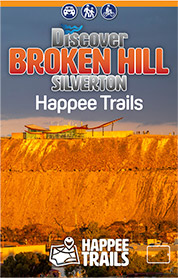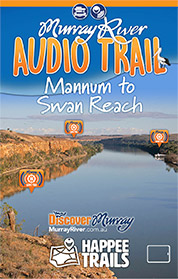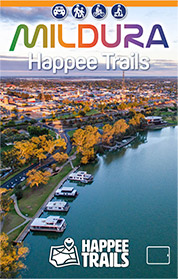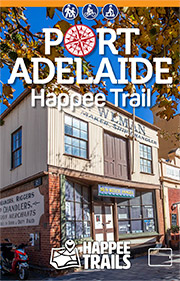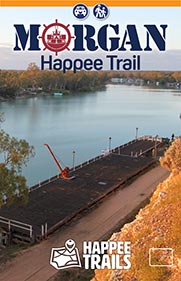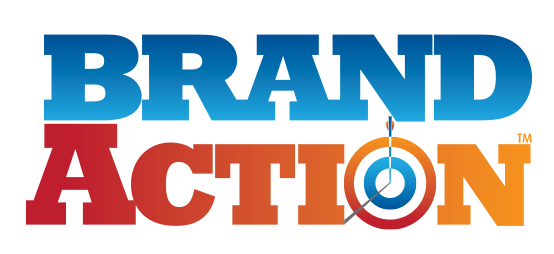Search Engine Optimisation (SEO)
Search engine optimisation (SEO) is the process of growing the quality and quantity of website traffic by increasing the visibility of a website or a webpage to users of a search engine. SEO refers to the results of organic (unpaid) results and excludes direct traffic and the purchase of paid placement through search engine marketing (SEM) etc.
SEO is important for the success of any business. Anyone responsible for management of a website should understand what SEO is, how it works and the traffic potential it can generate for their website and business. SEO is an important element in the websites marketing, lead generation and sales/conversion strategy.
Arura Group Stays Accommodation SEO Case Study
This is an example of how I focused on different sections of the website to attract organic SEO reach. Without revealing too much for my client, it’s important that the Title, SERP and images are all correctly tagged according to the search results customers are looking for. In this case we were looking to target group accommodation. We do have target search markets for our search criteria.
It is important to also consider the alt tags in photos as part of the SEO targets along with video for keywords and titles and social media. Obtaining a URL that targets your core SEO market is important, however it doesn’t guarantee higher search rankings.
Maximising your organic (free) search results ensures that you’ve done the work before you need to consider paid search. Spending the small amount of time to write good SEO titles and SERPs will be a set and forget for that page. You can craft your descriptions with the use of SEO plug ins on a WordPress site dynamically. Below is more information on SEO and how it can help you or contact me if you’d like a solid strategy.
What is SEO?
SEO is a set of guidelines for optimising your website so it aims to achieve higher and better quality rankings in organic search engine results. It is a great way to increase the quality of a website by making it user-friendly to the searcher’s needs. SEO can be considered as a complete framework with stages and with a set of controls.
Why is SEO important?
In today’s competitive market, SEO marketing is more important than ever. Search engines serve hundreds of millions of users each day looking for answers to their questions or solutions to their problems. If you have a website or blog, SEO can help you get free targeted traffic from search engines.
Search engine optimisation is important because:
- The majority of search engine users are more likely to click on one of the top 5 suggestions in the search engine results pages. To take advantage of this and gain visitors to your website or customers to your online store, your website needs to appear in one of the top positions.
- SEO is not only about search engines but good SEO practices improve the user experience and usability of a website. Users trust search engines and having a presence in the top positions for the keywords the user is searching, increases the website’s trust.
- SEO is good for the social promotion of your website. People who find your website by searching Google or Yahoo are more likely to promote it on Facebook, Twitter, or other social media channels.
- SEO is important for the smooth running of a big website. Websites with more than one author can benefit from SEO in a direct and indirect way. Their direct benefit is an increase in search engine traffic and their indirect benefit is having a common framework (checklists) to use before publishing content on the site.
- SEO can put you ahead of the competition. If two web sites are selling the same thing, the search engine optimised website is more likely to have more customers and make more sales. Optimising your website for search engines will give you an advantage over non-optimised sites and you increase your chances to rank higher.
Main stages of the SEO process?
SEO is not a static process but rather a framework with rules and processes. For simplicity though, SEO can be broken down into 3 main components:
On-site SEO: Rules to apply on your site and content to make it search engine friendly.
Technical SEO: With technical SEO you can ensure that search engines can crawl and index your website without any issues.
Off-site SEO: Ways to promote your website so that it can rank higher in search results.
On-site SEO
The first stage is On-Page SEO. On-Page SEO has to do primarily with the content and other elements found on a page.
Unlike technical and off-page SEO, the main focus of on-page SEO is to provide search engine crawlers enough signals so that they can understand the meaning and context of your content.
Remember that search engines don’t read a page like a human so they are looking for signals to figure out what a page is all about. It is at this stage that you will deal with website structure, SEO keywords, title optimisations, headings, internal links, image SEO, structured data markup, and other techniques that can send the right signals to search engines.
If followed correctly, on-page SEO will also improve the usability and credibility of a website or blog. Note that content optimisation is part of on-page SEO but sometimes this is referred to as Content SEO.
Technical SEO
The second stage in the SEO process is called technical SEO. Technical SEO has nothing to do with the actual content of a website or with website promotion methods. It has to do with settings you need to configure to make the job of search engine crawlers easier. Usually, once you get your technical SEO correct, you may not have to deal with it again.
On the other hand, if you have problems with crawling and indexing, it can negatively impact your rankings.
Off-site SEO
The third stage is Off-Page SEO. Besides the changes, you can do to your website (on-site SEO) so that it ranks higher in the SERPs, the other way to improve your website’s ranking position is by using off-site SEO techniques.
Off-site SEO is generally known as link building but I prefer to use the term web site promotion since a proper way to promote a website involves many more methods and techniques than building links.
Off-page SEO is important because generally, when a user types a search query, search engine algorithms look into their index and try to find the best results that can satisfy the intent of the user. Pages that are good candidates appear to the first positions of the search results.
One of the factors to determine the position of a webpage in the results is the number of incoming links (backlinks). Backlinks are a signal of trust and depending on where the links are coming, they can greatly affect your ranking position. If the links are coming from well-known and trusted sites, your ranking will be positively affected.
If they are paid links, links in article directories, link farms, or a result of an exchange, your ranking will be negatively affected. Getting links this way is a violation of Google guidelines and most probably it will also result in a Google Penalty.
Your primary focus is not how to get links but how to create good quality content for your web site. Good content will get you natural links which in turn will give you high rankings and traffic. If you try to buy links or get them the easy way, you may have temporary success and then see your website disappearing from the top pages after the next Google update.
How to learn SEO?
The best way to learn how SEO works is to practice SEO. Besides learning the different concepts and theories, the only way to find out if what you’ve learned works, is to apply the various SEO techniques on a website and monitor your rankings. If your rankings and organic traffic are increasing, then this means that you are in the right direction. If not, you will have to revise your SEO strategy and action plan.
The difference between SEO and Digital marketing?
Some people often ask “Is SEO the same as Digital Marketing?” The simplest answer is that SEO is one of the tools available in your Digital Marketing arsenal. SEO can be part of your overall Digital Marketing campaign which normally includes other things like social media promotion, PPC, content strategy etc. Good content is still the most important success factor with or without SEO
You must have very clear in your mind that SEO cannot help you if you don’t have good content. In other words, if you try to SEO a website with not very good content your chances of succeeding (in the long term) are minimum. On the other hand, a website with good content can do well with or without SEO. SEO will just give the website an extra boost.
Meta Description
What is a meta description?
The meta description is an HTML attribute that provides a brief summary of a web page. Search engines such as Google often display the meta description in search results, which can influence click-through rates.
Optimal length
Meta descriptions can be any length, but Google generally truncates snippets to 155–160 characters. It’s best to keep meta descriptions long enough that they’re sufficiently descriptive, so we recommend descriptions between 50–160 characters. Keep in mind that the “optimal” length will vary depending on the situation, and your primary goal should be to provide value and drive clicks.
Optimal format
Meta description tags, while not tied to search engine rankings, are extremely important in gaining user click-through from SERPs. These short paragraphs are a webmaster’s opportunity to “advertise” content to searchers, and searchers’ chance to decide whether the content is relevant and contains the information they’re seeking from their search query.
A page’s meta description should intelligently (read: in a natural, active, non-spammy way) employ the keywords that page is targeting, but also create a compelling description that a searcher will want to click. It should be directly relevant to the page it describes, and unique from the descriptions for other pages.
Google ranking factor?
Google announced in September of 2009 that neither meta descriptions nor meta keywords factor into Google’s ranking algorithms for web search. Meta descriptions can however impact a page’s CTR (click-through-rate) on Google which can positively impact a page’s ability to rank. For that reason, among others, it’s important to put some effort into meta descriptions.
SEO best practices
Write compelling ad copy
The meta description tag serves the function of advertising copy. It draws readers to a website from the SERP, and thus is a very visible and important part of search marketing. Crafting a readable, compelling description using important keywords can improve the click-through rate for a given webpage. To maximise click-through rates on search engine result pages, it’s important to note that Google and other search engines bold keywords in the description when they match search queries. This bold text can draw the eyes of searchers, so you should match your descriptions to search terms as closely as possible.
Avoid duplicate meta description tags
As with title tags, it’s important that meta descriptions on each page be unique. There’s no substitute for an original description that you write for each page.
Don’t include double quotation marks
Any time quotation marks are used in the HTML of a meta description, Google cuts off that description at the quotation mark when it appears on a SERP. To prevent this from happening, your best bet is to remove all non-alphanumeric characters from meta descriptions. If quotation marks are important in your meta description, you can use the HTML entity rather than double quotes to prevent truncation.
Sometimes it’s okay to not write meta descriptions
Although conventional logic would hold that it’s universally wiser to write a good meta description rather than let the engines scrape a given web page, this isn’t always the case. Use this general rule of thumb to identify whether you should write your own meta description:
If a page is targeting between one and three heavily searched terms or phrases, write your own meta description that targets those users performing search queries including those terms.
If the page is targeting long-tail traffic (three or more keywords), it can sometimes be wiser to let the engines populate a meta description themselves. The reason is simple: When search engines pull together a meta description, they always display the keywords and surrounding phrases that the user has searched for. If a webmaster writes a meta description into the page’s code, what they choose to write can actually detract from the relevance the engines make naturally, depending on the query.
One caveat to intentionally omitting meta description tags: Keep in mind that social sharing sites like Facebook commonly use a page’s meta description tag as the description that appears when the page is shared on their sites. Without the meta description tag, social sharing sites may just use the first text they can find. Depending on the first text on your page, this might not create a good user experience for people encountering your content via social sharing.
Heads up: Search engines won’t always use your meta description
In some cases, search engines may overrule the meta description a webmaster has specified in the HTML of a page. Precisely when this will happen is unpredictable, but it often occurs when Google doesn’t think the existing meta description adequately answers a user’s query and identifies a snippet from the target page that better matches a searcher’s query.
Zesty Projects that create success
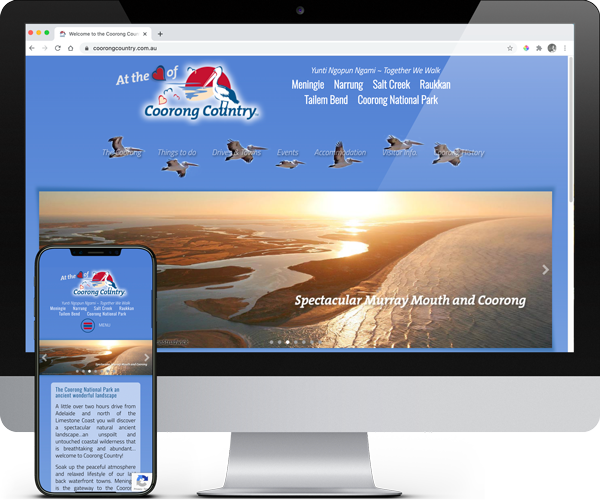
Coorong Country Branding
The Coorong and Meningie region used to be a lost landscape of natural beauty, history and indigenous culture. Developing the Coorong Country brand and supporting the local community has been very rewarding More >

Arura Group Stays Branding
Arura approached me for a rebranding of their accommodation business. Formerly Port Hughes Accommodation Centre we rebranded the name to have more character and many other elements. More >

ARKObots Branding
As a start up ARKObots branding is pitched at the education sector. Fun colours with some stability that shows joy and a modern style. The brand icon allows for diverse application. More >
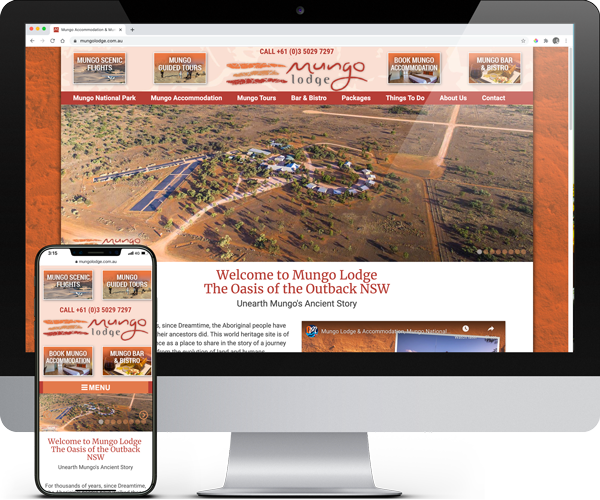
Mungo Lodge & Tours Branding
Mungo Lodge approached me to rebrand their business. This included full re-design, new byline ‘Unearth Mungo Ancient Story’ and brought everything together to tell their unique story of the outback lodge. More >

Norwood Morialta Pedal Prix Branding
The pedal prix team at Norwood Morialta High School had an opportunity to use pedal prix to promote the school and improve its image on the track. I developed a brand strategy to take implement the branding. More >
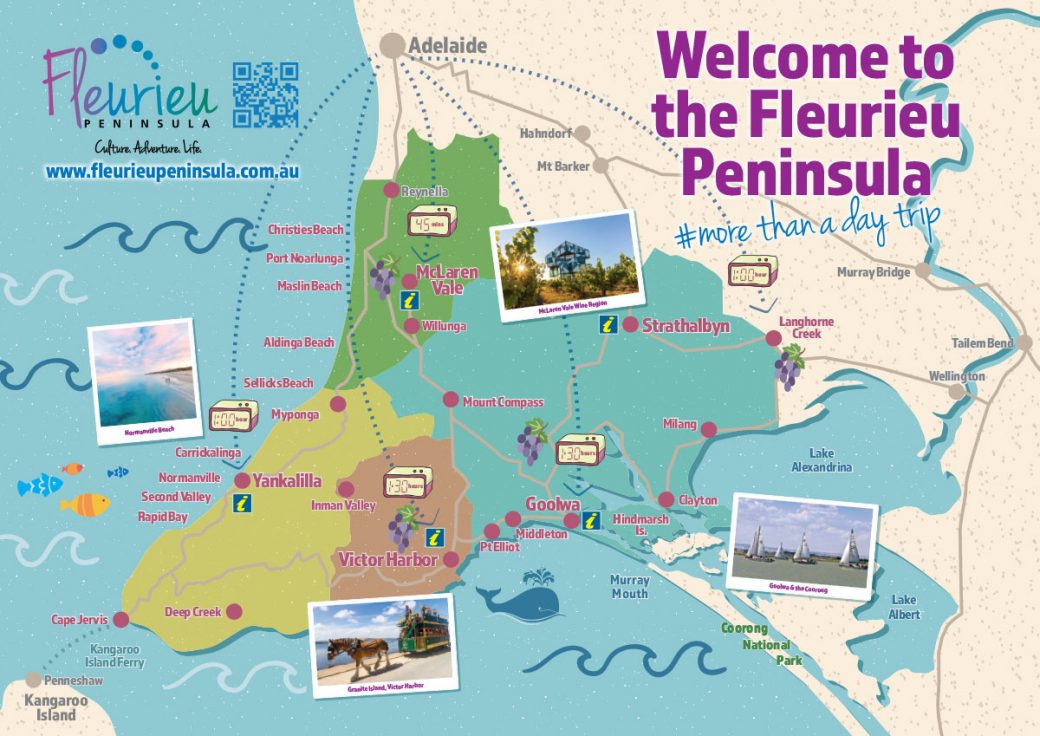
Fleurieu Penisula Tourism Maps
Once I’d worked through the current brand needs of the client we started developing different visual identity elements from both offline to online that aimed to continually build the tourism presence in the region. More >

Mannum Museum and Mannum Township
Working with the Mannum Dock Museum of River History and the Mannum community has been very enjoyable. The museum is the heart of tourism in Mannum and is continually working towards improving its presence for visitors. More >
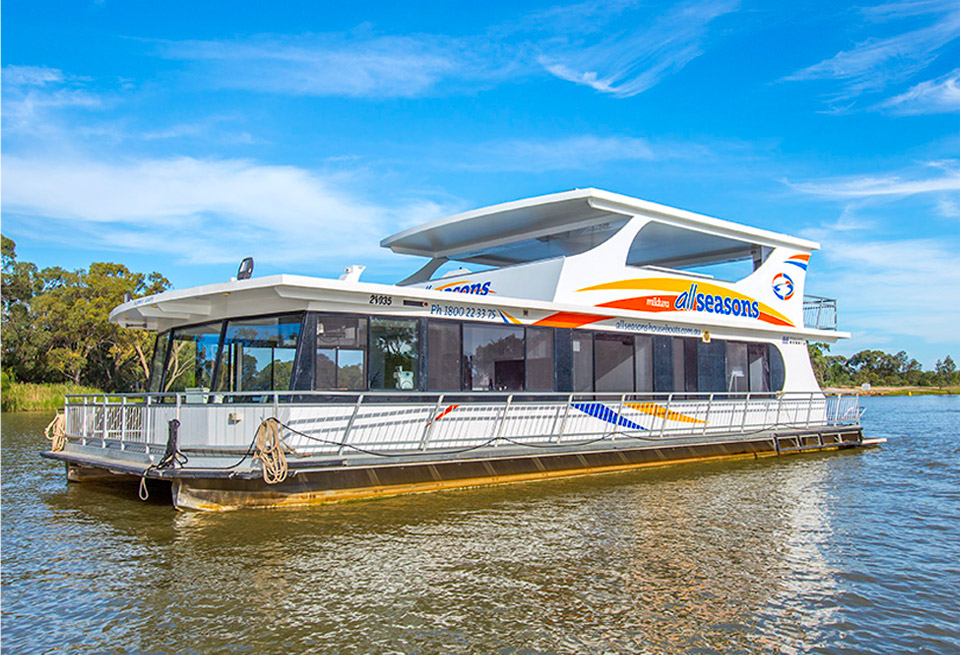
All Seasons Houseboats & Holiday Park Branding
Overseeing the successful brand development for All Seasons Houseboats and Holiday Park in Mildura. More >

Discover Murray River Branding
Development of a diverse range of visual identity elements from both offline to online that aimed to continually build Discover Murray River’s presence in the region. More >

Euston Club Resort Branding
I worked through the club’s brand needs and we started developing different visual identity elements from both offline to online that aimed to continually build the club’s presence in the region and beyond! More >
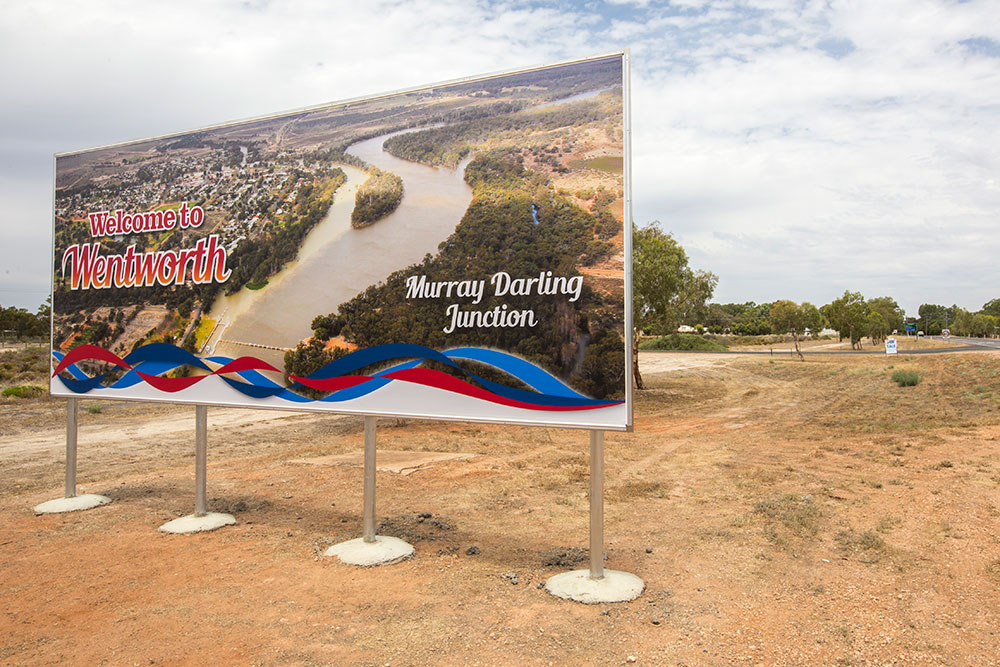
Visit Wentworth Tourism Branding
This tourism marketing strategy was built on 10 core principles. The brand worked for the Shire, community and industry. A brand that can be used across the entire region and a defined point of difference. More >




